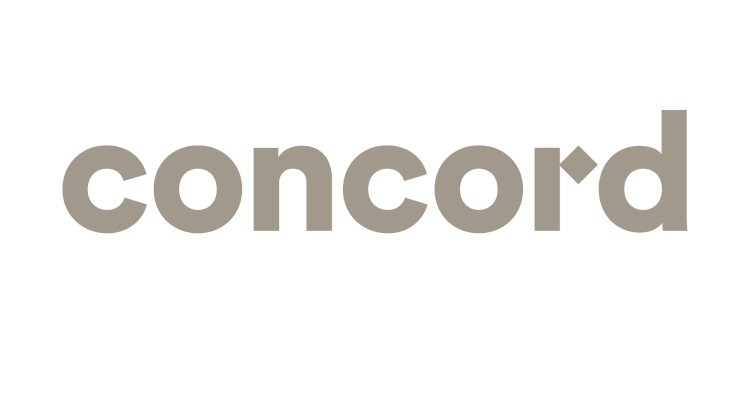
Photo Credit: Concord
There’s good news on the royalty accounting front, thanks to increasingly sophisticated monitoring, collection, and auditing technologies. Now, Concord has tapped Austria-based Legitary to take a closer look at their US-based streaming mechanical royalty statements.
The deal, tipped to Digital Music News this week, suggests that Concord is more seriously examining a lucrative royalty flow: mechanical licenses. According to Concord Vice President of Income Tracking Brian Buchanan, the company tapped Legitary to handle sophisticated analyses of their streaming mechanical licensing statements with an eye towards eliminating errors.
The goal is to more efficiently spot data irregularities that could be reducing royalty payments.
Buchanan has been putting Legitary’s anomaly detection capabilities to work, and using the findings to flag possible issues in streaming mechanical royalty payments. Suddenly, the auditing process has an industrial-strength solution. The Nashville-based executive pointed to ‘at-a-glance insights on our statements’ and a shift from more manual, time-consuming audits.
“Utilizing this tool, we can minimize our manual efforts while maximizing our claims,” Buchanan relayed.
It’s unclear what Concord is spotting in their statements. Earlier, Legitary CEO Nermina Mumic told Digital Music News that anomaly detection audits on streaming statements often produced unexpected results. Sometimes, ‘stream fraud’ and inflated stream counts are detected, while other times, the problem is under-counting based on tech-glitches and downtime.
Legitary has spent years developing its methodology for verifying music stream counts. By cross-comparing streaming activity between different platforms and monitoring billions of streams, Legitary can detect anything abnormal — including fake streams, bad data, missing data, or under-counting of plays.
With this latest deal involving Concord, that know-how is clearly expanding into other arenas. While streaming mechanicals are linked to stream counts on DSPs, plenty of counting problems can arise. That is, if you can spot them.

